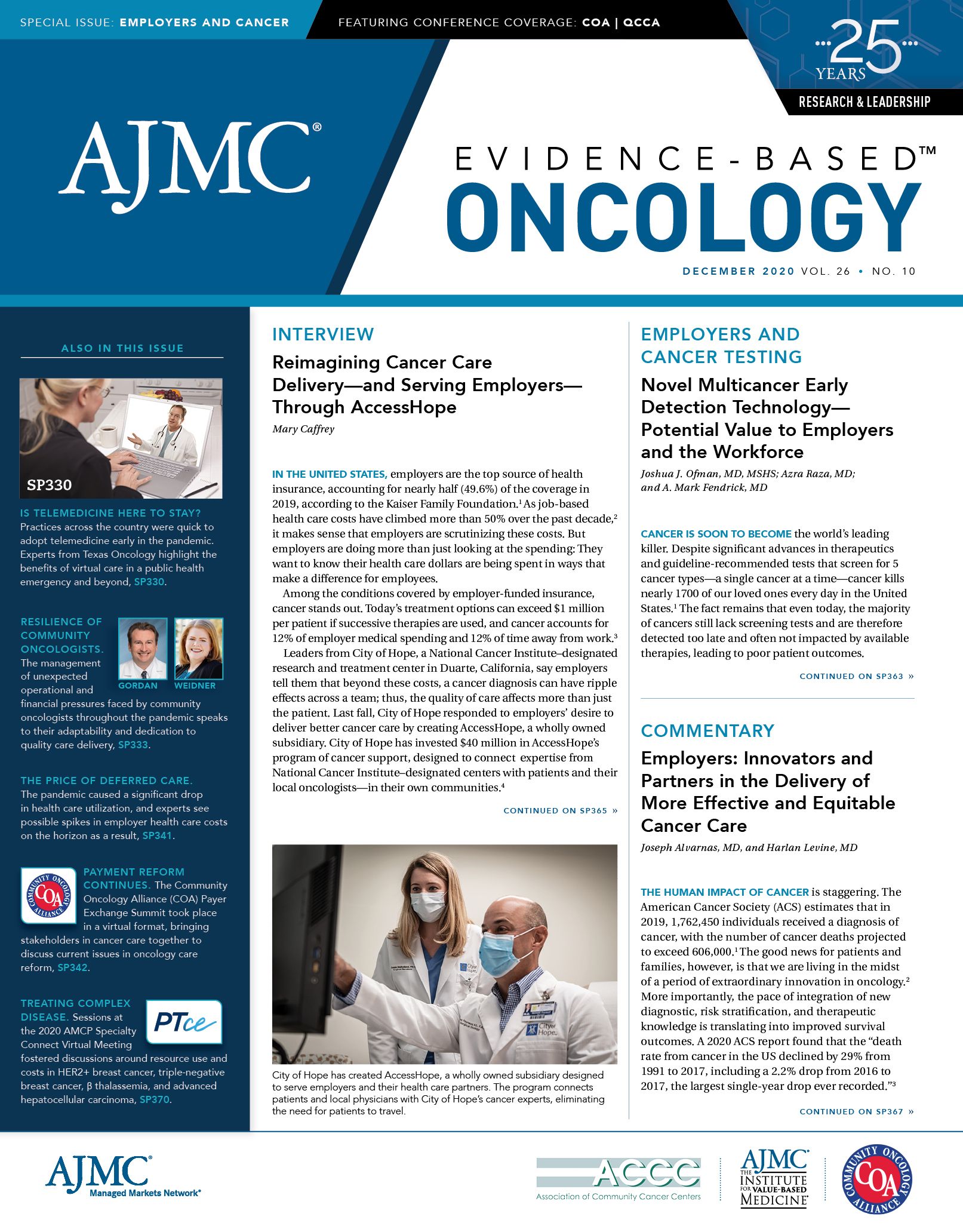- Center on Health Equity & Access
- Clinical
- Health Care Cost
- Health Care Delivery
- Insurance
- Policy
- Technology
- Value-Based Care
Nivolumab Meets Primary Endpoint in Resectable NSCLC
The safety profile of nivolumab plus chemotherapy was also consistent with previously reported studies in NSCLC, the researchers said.
Nivolumab, the PD-1 therapy sold under the name Opdivo by Bristol-Myers Squibb, met a primary endpoint of pathologic complete response (pCR) in resectable non-small cell lung cancer (NSCLC) in a phase 3 study, the company reported recently.
Significantly more patients treated with nivolumab plus chemotherapy before surgery demonstrated no evidence of cancer cells in their resected tissue compared with those treated with chemotherapy alone. The safety profile of nivolumab plus chemotherapy was also consistent with previously reported studies in NSCLC.
CheckMate-816 is the first and only phase 3 trial to display a benefit with an immune checkpoint inhibitor in combination with chemotherapy as a neoadjuvant treatment in non-metastatic NSCLC, the company said.
The phase 3, randomized, open-label, multi-center trial randomized 358 patients to receive either 360 mg of nivolumab plus histology-based platinum doublet chemotherapy every 3 weeks for up to 3 doses, or platinum doublet chemotherapy every 3 weeks for up to 3 doses, followed by surgery.
Patients included in the experimental arm of the trial were dosed with up to 3 doses of nivolumab plus chemotherapy prior to surgery, which is a standard number of cycles of therapy in the neoadjuvant setting.
The dual primary end points of the trial are pCR and event-free survival (EFS). Key secondary end points include overall survival (OS), major pathologic response (MPR), and time to death or distant metastases.
The CheckMate-816 trial remains ongoing to evaluate the other primary end point of EFS, to which the company is blinded, as well as key secondary end points.
Lung cancer is the leading cause of cancer deaths globally, accounting for approximately 1.8 million deaths each year, according to the World Health Organization.

